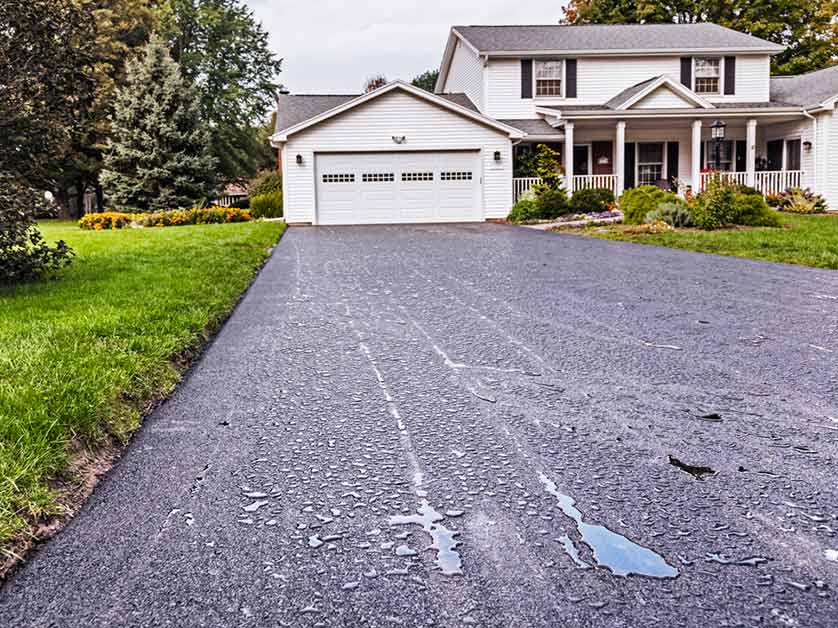
Freshly laid asphalt gives your driveway a neat, polished look. However, ensuring it stays in prime condition requires more than just careful planning and excellent workmanship. One element often overlooked is weather conditions, particularly rainfall.
Rainy season might be over in Florida this time of year, but as a homeowner, It’s important to understand how rain can impact your new asphalt. With the right information, you can be confident in maintaining the integrity of your driveway, even amidst unpredictable weather. Bonness shares more insight.
The Effects of Rainwater on Asphalt
Rainwater can affect your asphalt in many different ways, including the following:
- Softening the Asphalt Mix. The hot asphalt mix is often vulnerable to moisture, as rain can quickly soften and weaken the material structure. When it becomes too soft, it won’t provide good support for vehicles and pedestrians. This, in turn, can lead to cracking and rutting. These types of damage can increase the asphalt driveway cost in the long run, as they require frequent repairs or replacements.
- Eroding the Asphalt Mix. Compacted asphalt is prone to erosion, which can be more significant if it’s been recently laid. When rainfall is intense or it continues for a prolonged period, those thin layers can be washed away. This separates the surface layers and damages their structural integrity.
- Delaying the Curing Process. The curing process should take at least a couple of days to ensure that the asphalt is stable enough to handle traffic and other activities. If it rains during this curing period, the process will be stunted and the asphalt won’t be able to reach its full strength.
What Can You Do to Prevent Rain Damage?
The most important part of any asphalt installation is choosing the right driveway contractor. An experienced contractor will always be mindful of the impending rain before and during the installation process to ensure the asphalt won’t be impacted by wet weather.
In case you’ll be working on an asphalt project next year, knowing what steps to take to protect it from the effects of rain is imperative. For instance, protect freshly laid asphalt by using tarps to keep the asphalt dry as it cures. Another way to make sure your asphalt is safe is to install the asphalt when the temperature is at least 45 degrees Fahrenheit. This allows the asphalt to stick better and it won’t be as susceptible to damage caused by rainfall.
How Can We Serve You?
Rain can affect the asphalt’s curing times and stability, but with the right professional assistance and weather consideration, potential damage to the material can be prevented. Don’t let the uncertainty of weather conditions deter you from enjoying a sturdy, fresh driveway that enhances the curb appeal of your property!
Trust Bonness, your partner in quality asphalt installations. Contact us at (239) 597-6221 for more in-depth information or to request an estimate on the cost of a concrete driveway installation or maintenance. You can also reach us online and we’ll get back to you.
